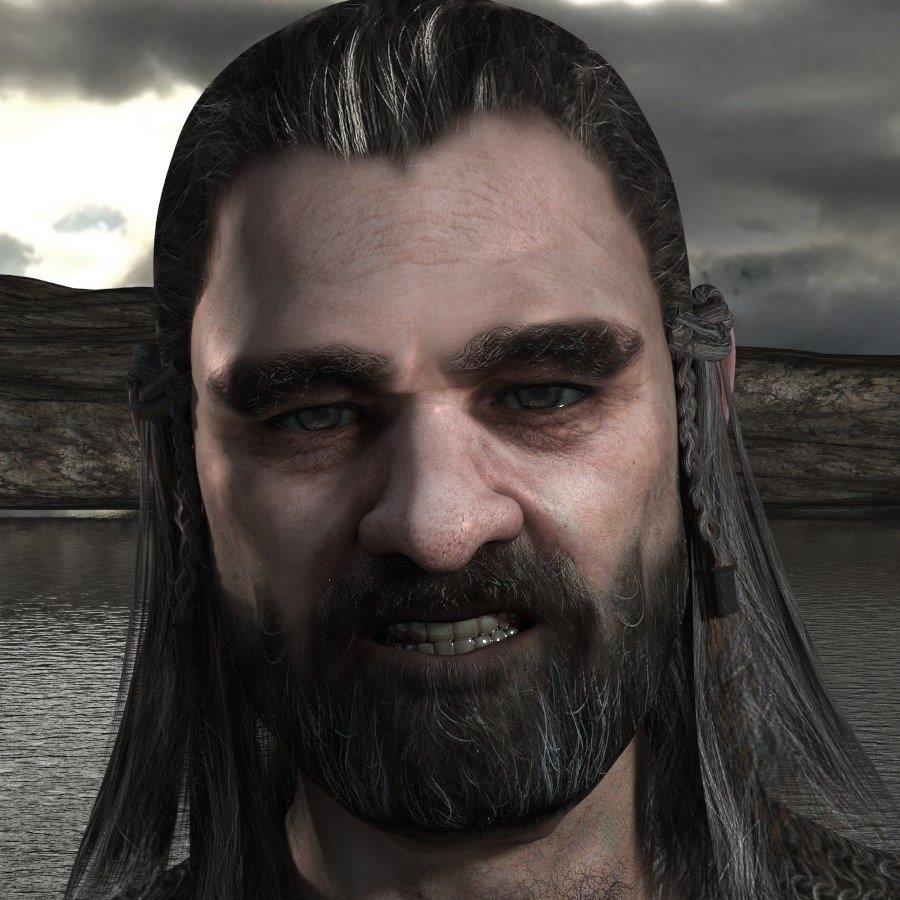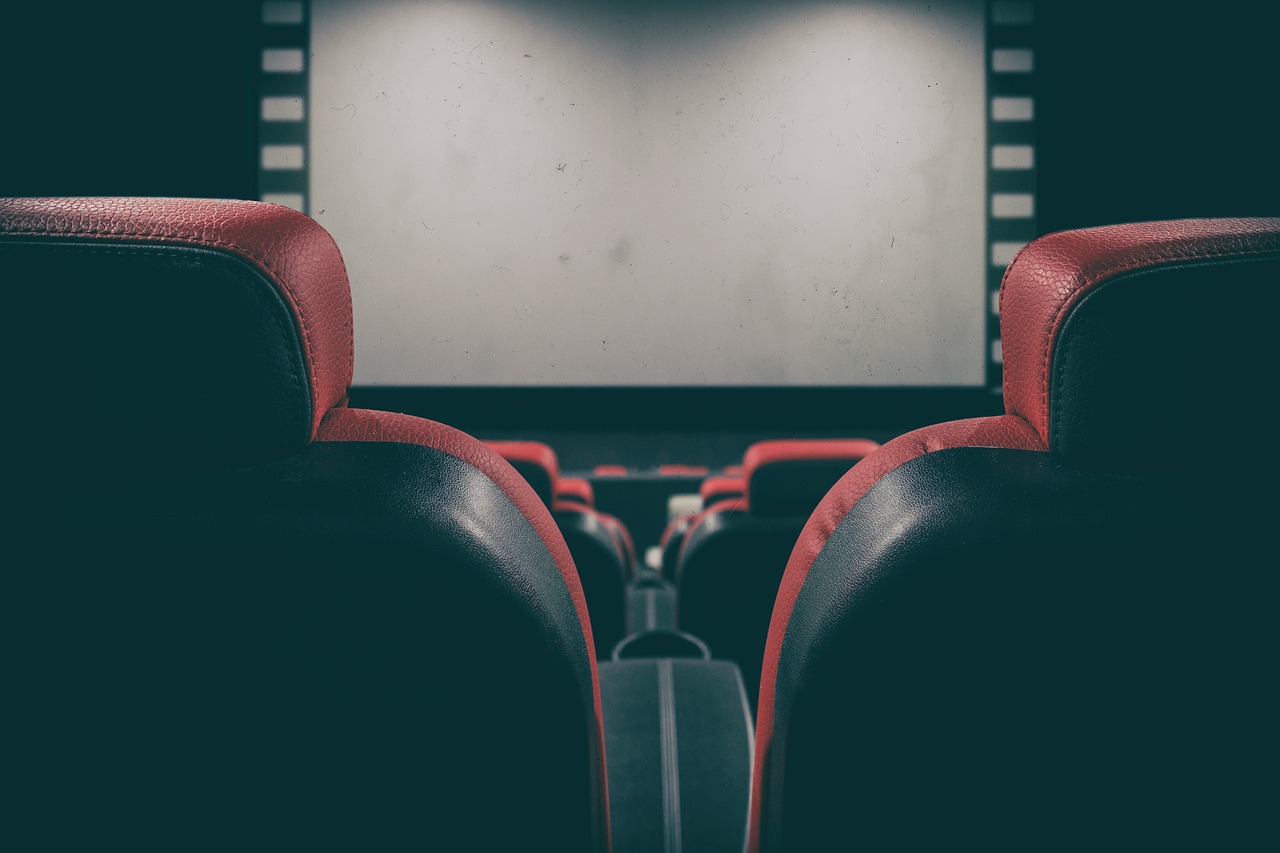1. Coincidences
- Example: The 1997 movie The Peacemaker depicted a scenario involving nuclear terrorism, and just a few years later, concerns about nuclear terrorism became more prominent after 9/11.
- Reality: There are countless movies made every year, covering a wide range of themes and scenarios. It's not surprising that, by sheer coincidence, some elements of these films might resemble future events. The more movies that are made, the higher the chances that one of them will align with a real-world event later on.
2. Influence of Current Events
- Example: The Simpsons episode from 2000 that depicted Donald Trump becoming president.
- Reality: Filmmakers often draw inspiration from current events, trends, or potential future scenarios based on what's happening in the world at the time. For instance, Donald Trump was a well-known public figure long before his presidency, making it plausible for writers to envision a future where he could be a political leader, albeit in a satirical or exaggerated manner.
3. Science Fiction and Predictive Fiction
- Example: The 1968 film 2001: A Space Odyssey depicted video calls, which were not widely available until decades later.
- Reality: Science fiction often extrapolates existing technology or scientific knowledge to imagine future developments. While some of these predictions turn out to be accurate (like video calls), others do not. This genre thrives on creativity and speculation, not on actual predictive power. The fact that some predictions come true is more a reflection of the logical progression of technology and society rather than a mysterious ability to predict the future.
4. Cultural Impact and Self-Fulfilling Prophecies
- Example: The 1984 movie The Terminator popularized the idea of AI and robots becoming sentient and potentially dangerous, influencing how people think about and develop AI.
- Reality: Sometimes movies influence the future rather than predict it. Ideas introduced in movies can shape public perception, inspire innovators, or even influence policy decisions. In this sense, the movie doesn’t predict the future but plays a role in shaping it.
5. Retrospective Fitting
- Example: People have retroactively claimed that movies like The Matrix (1999) "predicted" the rise of virtual reality.
- Reality: After an event occurs, people often look back and find connections or patterns in previous works of fiction. This is known as retrospective fitting, where the connections are often vague or generalized, but they seem convincing in hindsight. This tendency can lead to the belief that movies predicted the future when, in fact, the connections were made after the fact.
Summary
Movies do not have the ability to predict the future in any literal sense. The instances where films seem to have predicted future events are usually the result of coincidences, creative speculation based on current knowledge, or cultural influences. While it’s fascinating to draw parallels between fiction and reality, these occurrences are more about the ways in which art imitates life—or occasionally inspires it—rather than actual predictions.


